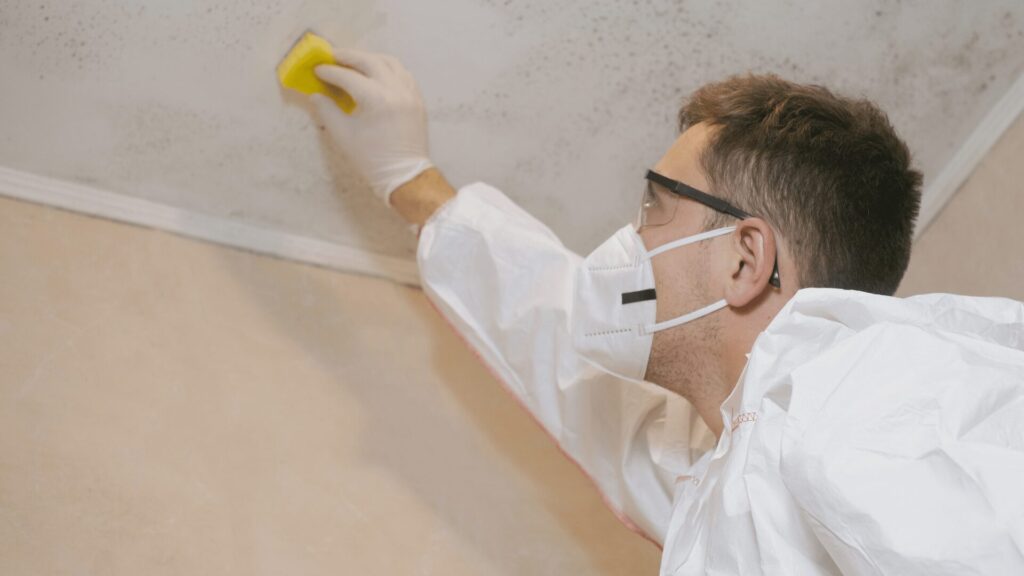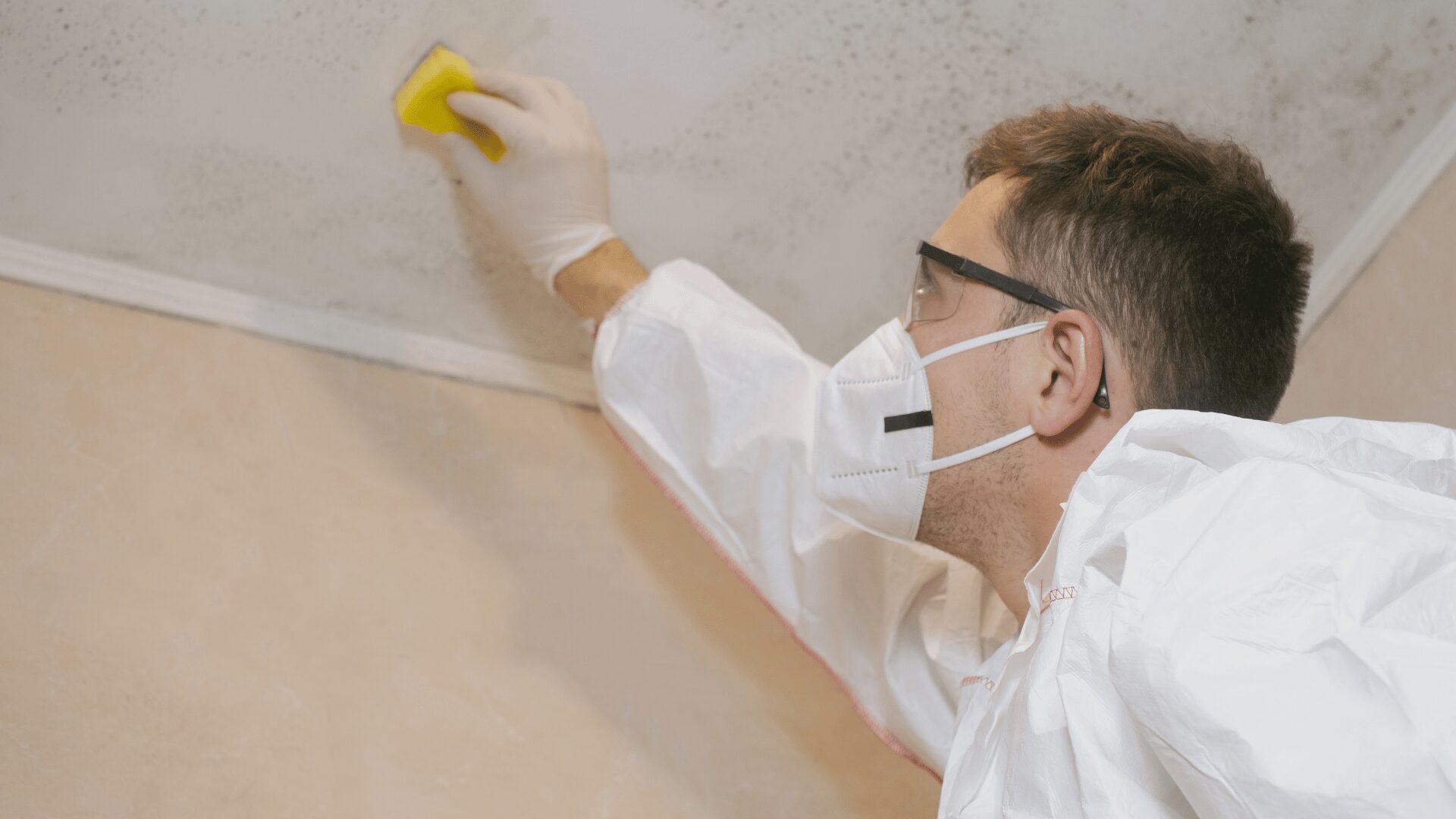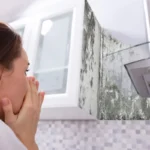Mold is a common issue in many homes, often found in damp or poorly ventilated areas like basements, bathrooms, or attics. While visible mold can be unsightly, its true danger lies in the health risks it poses to those living in the home. Mold exposure can lead to a variety of health problems, some of which are well known, like allergies and respiratory issues, but others are less obvious. These hidden health dangers can be just as serious, if not more so, making it crucial to understand the risks associated with mold and how to prevent them.

Content
Here are seven hidden health dangers of mold in your home:
1. Chronic Fatigue
Mold exposure can contribute to feelings of constant tiredness and fatigue. Mold spores release toxins known as mycotoxins, which can interfere with the body’s immune system and disrupt normal bodily functions. When inhaled over long periods, these mycotoxins can cause a persistent feeling of fatigue, making it difficult for individuals to feel rested, even after adequate sleep. This can lead to chronic fatigue syndrome, where individuals experience long-term exhaustion without any other clear medical cause.
Fatigue is often overlooked as a symptom of mold exposure, making it one of the hidden dangers of living in a mold-infested environment.
2. Cognitive Problems and Memory Loss
Mold exposure can also affect the brain, leading to issues with memory, concentration, and mental clarity. This condition, sometimes referred to as “brain fog,” can make it difficult to focus on tasks, remember details, or think clearly. These cognitive symptoms are thought to be caused by the inhalation of mycotoxins, which can pass through the blood-brain barrier and cause inflammation in the brain.
In more severe cases, prolonged exposure to toxic mold can lead to significant memory loss and confusion, particularly in individuals who are already vulnerable, such as the elderly or those with preexisting conditions.
3. Skin Irritation
While respiratory issues are the most commonly discussed health problems related to mold, exposure can also have an impact on the skin. Mold spores and mycotoxins can cause allergic reactions when they come into contact with the skin. This can lead to conditions like rashes, hives, or dermatitis. People with sensitive skin may develop irritation even from indirect contact, such as touching contaminated surfaces or handling mold-infested materials.
In some cases, mold exposure may also worsen preexisting skin conditions, like eczema or psoriasis, causing flare-ups that are difficult to control.
4. Increased Asthma Attacks
For individuals with asthma, mold exposure can significantly worsen symptoms. Mold spores act as allergens, triggering asthma attacks more frequently and making them more severe. Asthma sufferers exposed to mold may experience increased difficulty breathing, chest tightness, and wheezing, all of which can lead to more frequent use of medication or emergency inhalers.
In some cases, exposure to mold can even cause asthma in individuals who did not previously have the condition. Mold-induced asthma is especially concerning for children and older adults, who may be more vulnerable to its effects.
5. Neurological Symptoms
Beyond memory and concentration issues, mold exposure can cause more serious neurological symptoms. People exposed to toxic mold over long periods may develop headaches, dizziness, or even tingling and numbness in the extremities. These symptoms occur as a result of the body’s response to mycotoxins, which can cause inflammation and interfere with the nervous system’s normal functioning.
Severe neurological symptoms are often associated with “black mold” (Stachybotrys), which produces more potent mycotoxins. In extreme cases, long-term exposure can lead to more serious neurological conditions, such as tremors or mood disorders.
6. Immune System Suppression
Mold can have a damaging effect on the immune system, weakening the body’s ability to fight off infections and other illnesses. Mycotoxins released by mold can suppress immune function, making individuals more susceptible to colds, the flu, and other infections. People with weakened immune systems, such as the elderly, young children, or individuals with chronic illnesses, are particularly vulnerable to this effect.
Living in a mold-infested environment can also worsen autoimmune conditions, as the immune system may become overwhelmed by constant exposure to mold spores and toxins.
7. Mold-Induced Infections
In some cases, mold exposure can lead to more direct infections, particularly in individuals with compromised immune systems. Mold spores can enter the body through inhalation or contact with the skin, leading to infections in the lungs, sinuses, or even the skin. These infections, known as fungal infections, can be particularly dangerous for people with underlying health conditions or weakened immune systems.
For example, aspergillosis is a condition caused by inhaling the spores of a common mold known as Aspergillus. While it may cause only mild symptoms in healthy individuals, it can lead to severe lung infections in people with weakened immune systems.
Conclusion
Mold in the home poses serious health risks, many of which are hidden and not immediately associated with mold exposure. Beyond the well-known respiratory problems, mold can lead to chronic fatigue, cognitive issues, skin irritation, and more. Identifying and addressing mold problems in your home is essential to preventing these hidden dangers from impacting your health.
If you suspect that mold is affecting your home or health, it’s important to consult with professionals who specialize in mold remediation. To learn more about the health risks of mold exposure, you can research further or contact specialists who can help you create a safe living environment for you and your family.
By staying vigilant and addressing mold issues promptly, you can safeguard your health and prevent long-term complications associated with mold exposure.

Elena Mohr is a dedicated home blogger who has been blogging for over six years. She covers everything home related. Elena also loves writing posts about her travels to Europe with her husband and two children.



